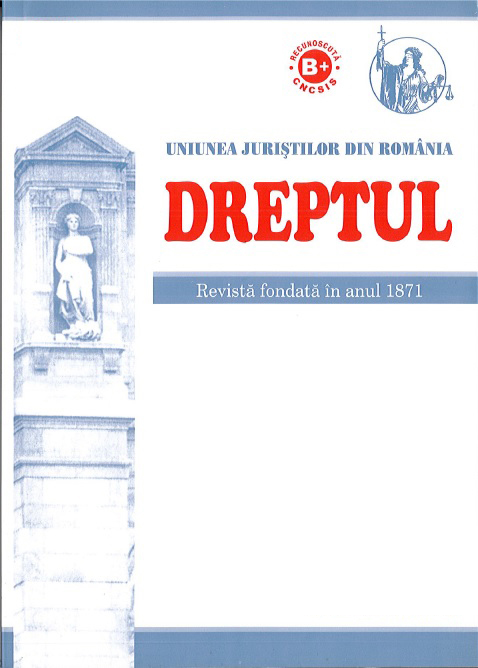The article presents the results of a research conducted in six European countries mainly on the analysis of the exceptional nature of preventive arrest within these jurisdictions. In this article there are presented the main results of the research conducted in Romania, research that was based on a series of interviews with judges, prosecutors and lawyers. The main areas investigated have concerned aspects such as the analysis of the decision-making process, the situation of the foreign citizens subject to preventive measures, the manner of application of alternative measures to preventive arrest, the analysis of the current criminal processual normative framework, as well as of the impact in the current practice of the European regulations, etc. The conclusions of the study are in the sense that in Romania there have been registered also some aspects representing progress in the sense of protection of the fundamental human rights in the cases where it is raised the question of taking some preventive measures in the criminal cases – such as the fact that the tendency, at least in terms of using the preventive arrest, is a decreasing one. However, major deficiencies have also been found, related to the organization of the initial and continuing training for magistrates, in the sense that they have been found to be unaware of judicial instruments important for their activity. It is precisely about instruments that are capable of improving the situation of foreign persons in relation to the state where it is raised the judicial matter – respectively the European Surveillance Order.


